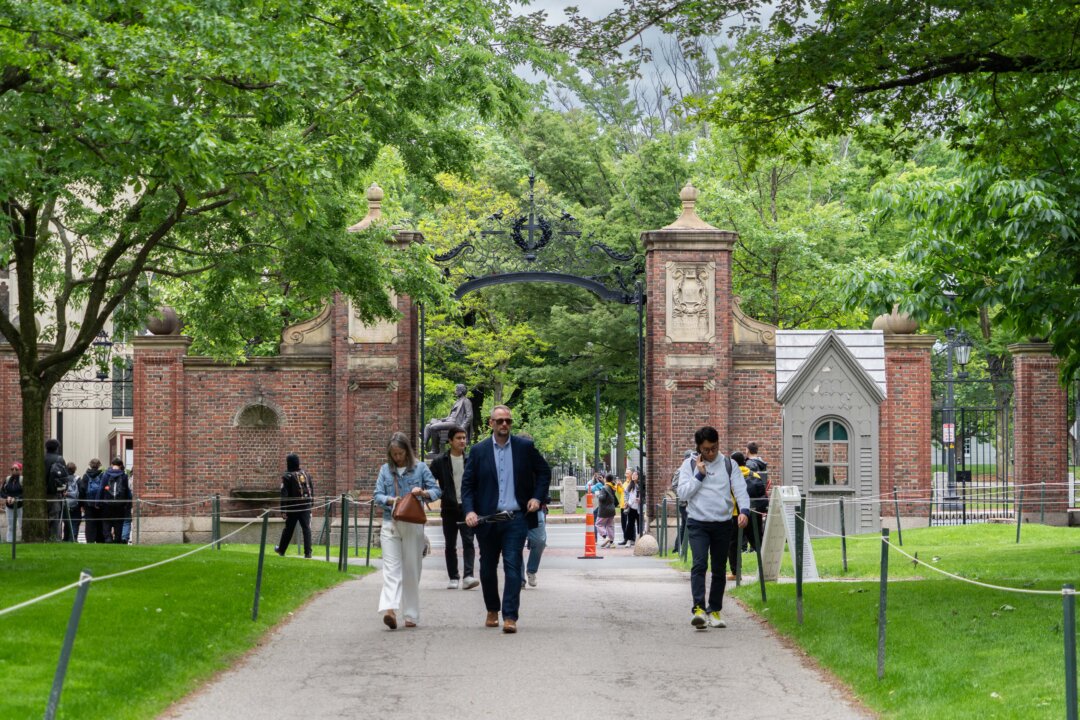A recent legal tussle has unfolded between Harvard University and the Department of Homeland Security (DHS) over student enrollment. A federal judge temporarily blocked a DHS directive that would have stripped Harvard of its ability to enroll foreign students. This injunction, handed down by Judge Allison Burroughs, followed a lawsuit by Harvard claiming the directive was unconstitutional.
Harvard’s legal team argued that the DHS action was a form of retaliation against the university for not complying with White House demands. They said, “With the stroke of a pen, the government has sought to erase a quarter of Harvard’s student body, international students who contribute significantly to the University and its mission.” This move was seen as a threat to Harvard’s global academic community.
Homeland Security Secretary Kristi Noem’s order had aimed to remove Harvard from the Student and Exchange Visitor Program certification. Noem argued that Harvard was fostering violence and collaborating with the Chinese Communist Party. She stated, “It is a privilege, not a right, for universities to enroll foreign students and benefit from their higher tuition payments to help pad their multibillion-dollar endowments.”
Currently, Harvard hosts nearly 6,800 foreign students, most of whom are graduate students from over 100 countries. The university’s international enrollment has been a significant part of its academic fabric. The recent directive could have led to a massive exodus of these international students.
The controversy stemmed from an April 16 request by Noem, demanding that Harvard provide information about foreign students potentially involved in protests or violent activities. She insisted that Harvard must hand over records, including audio or video footage of these students’ activities. The deadline set for this data submission was within 72 hours.
In response, Harvard sought judicial intervention to block Noem’s order, naming several government entities as defendants. The lawsuit highlighted the administration’s attempts to control Harvard’s internal decisions, which the university claimed were a violation of its First Amendment rights. Harvard’s leaders have consistently defended their independence against federal overreach.
Previously, the Trump administration had already clashed with Harvard, notably pulling nearly $3 billion in federal funding. This financial tug-of-war has been part of a broader conflict over the extent of federal authority in university affairs. Harvard has argued that many of these government requests exceed legal boundaries.
President Alan Garber of Harvard emphasized the importance of maintaining the university’s independence. He stated, “We have informed the administration through our legal counsel that we will not accept their proposed agreement. The University will not surrender its independence or relinquish its constitutional rights.”
Harvard’s handling of anti-Israel protests and related activities has also drawn criticism. Jewish alumni and current students have voiced concerns about perceived anti-Semitism on campus. These issues have added layers of complexity to the university’s relationship with the government.
This ongoing saga has captured the attention of conservative news outlets, which have highlighted the administration’s stance on holding educational institutions accountable. The debate over foreign student enrollment and campus activities remains a contentious topic. As these legal battles unfold, the balance between academic freedom and government oversight continues to be scrutinized.

US District Judge Allison Dale Burroughs for the District of Massachusetts, appointed by President Barack Obama in 2014 and confirmed in January 2015. A Marxist P0S that has ZERO authority over the Executive branch actions.